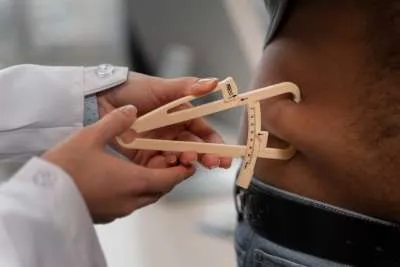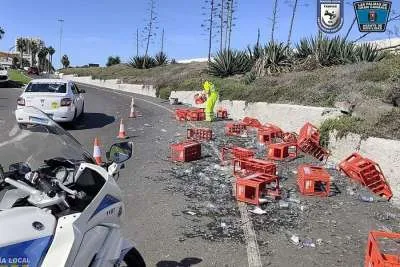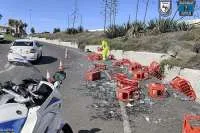From "Pending" to Paid: How Player Protection Legal accelerates stalled casino withdrawals
- 01-06-2025
- Business
- Sponsored Article
- Photo Credit: Supplied
The internet has changed the way we play and win games of chance. No casino floor, no late-night flights to Vegas, just a phone, an app, and a bit of luck. But when it’s time to withdraw your winnings, things can take a surprising turn.
What should be a quick transaction often becomes a drawn-out process. Withdrawals get stuck, you’re asked for the same documents again and again, customer service goes quiet, and suddenly, getting your money feels harder than winning it. This is where services like Player Protection Legal come in, not to take over, but to step in when the system falters.
When Delays Aren’t Just Delays
A one-time delay? Maybe it's just a glitch. But repeated ones? That points to something deeper, especially with platforms outside the UK’s regulatory net, the rules about paying out can be alarmingly loose.
Many British players assume they’re protected by UK laws wherever they gamble, but once you’re dealing with offshore operators, those safety nets may not hold. And when withdrawals are slow, there's a troubling temptation: cancel the request and keep playing. For the casino, that’s just good business, but for you, it can mean walking away with less than you earned.
What Legal Support Actually Brings
Getting legal help isn’t about drama, it’s about making sense of a situation that’s become needlessly complicated. Solicitors who specialise in gambling disputes and gambling compliance know how to read the fine print and how to hold platforms to it.
Often, these cases involve more than just money. If your data’s been mishandled, that opens a new front. Here’s where data protection lawyers get involved, making sure your rights under GDPR aren’t just recognised, but enforced.
More players are turning to this kind of support, not because they’re litigious, but because they’re tired of being ignored.
The Power of One Well-Written Letter
Sometimes, all it takes is one letter. Not a complaint typed in frustration, but a carefully worded notice from a solicitor. Suddenly, a case that sat at the bottom of the inbox becomes a priority.
It’s particularly important in unlicensed casino chargebacks, where responsibility is spread across banks, casinos, and processors. These aren’t easy waters to navigate alone, that’s why experienced gambling law solicitors matter.
Legal action isn’t about picking a fight. It’s about showing that the rules apply, even when the other side pretends, they don’t.
One Player at a Time
Change doesn’t happen all at once. One player stands up. One casino updates its policy. One more withdrawal is processed on time. Step by step, things start to shift.
Eventually, casinos that were once delayed by default began to act more responsibly, their terms became clearer, and their customer support became more than just a holding pattern. Legal pressure might not change everything overnight, but it does stop things from slipping further.
What It Actually Looks Like
Getting legal help sounds intimidating, but it rarely is. Most of the time, it starts with a simple call and a few documents. You tell your story, and the solicitor figures out the next steps.
These cases often involve data rights, too. If a casino has ignored a GDPR individual rights request, they’re not just being slow, they’re possibly breaking the law; that’s where GDPR solicitors and data protection law firms come into play. They bring weight where polite emails don’t.
And while the process might not be flashy, it usually works.
A Quiet Correction
Online gambling isn’t perfect. No surprise there. But that doesn’t mean players should accept broken systems. More people are learning that they don’t have to.
This isn’t about headline-grabbing lawsuits or public campaigns; it’s about fixing things one payout at a time, and that’s exactly what’s happening.
Getting paid isn’t a luxury; it’s part of the deal, and thanks to the steady work of gambling solicitors, data protection solicitors, and determined players, more people are finally getting what they’re owed, without having to fight for it every time.
Gamble Responsibly: Gambling should be enjoyed as a form of entertainment, not a way to earn money. Always gamble within your financial means and set limits to stay in control. You must be 18 or older to participate in gambling activities. If you or someone you know has a gambling problem, seek help from organisations like FEJAR (Federación Española de Jugadores de Azar Rehabilitados) at www.fejar.org. Stay safe and gamble responsibly.


























































